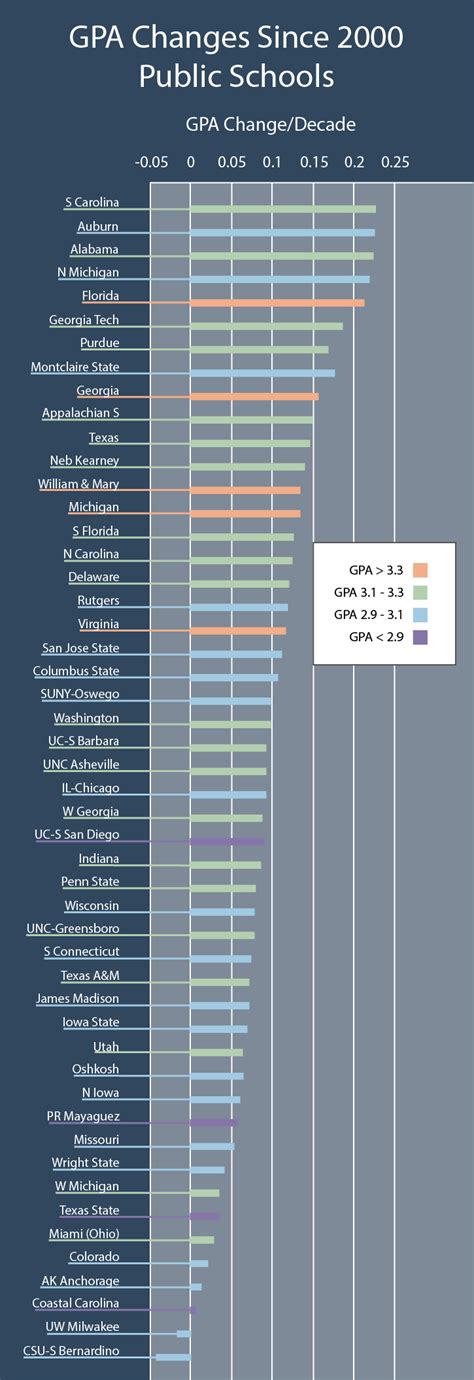
Introduction
Harvard Law School is widely recognized as one of the most prestigious and competitive institutions in the United States. With its reputation for academic excellence, it’s no wonder that prospective students wonder about the GPA they need to gain admission. This article provides an in-depth analysis of the Harvard Law average GPA, exploring historical data, admission requirements, and factors that influence GPA calculations.
Historical Data on Harvard Law GPA
According to data released by Harvard Law School, the median GPA for admitted students in the 2021-2022 admissions cycle was 3.90. This means that half of the admitted students had GPAs of 3.90 or higher, while the other half had GPAs below 3.90.
Over the past decade, the median GPA for admitted students has remained consistently high, hovering around 3.85 or above. In the 2010-2011 admissions cycle, the median GPA was 3.86, and it has gradually increased since then.
Admission Requirements: Is GPA Enough?
While a high GPA is a crucial factor in the Harvard Law School admission process, it’s not the only one. According to Harvard’s official admissions website, the school considers a holistic approach that includes:
- GPA: The applicant’s overall undergraduate GPA.
- LSAT Score: The applicant’s score on the Law School Admission Test (LSAT).
- Personal Statement: A written statement that outlines the applicant’s motivations for attending law school and their goals.
- Letters of Recommendation: Typically two or three letters from professors, employers, or other individuals who can attest to the applicant’s academic abilities and personal qualities.
- Résumé: A detailed account of the applicant’s education, work experience, and extracurricular activities.
Factors Influencing GPA Calculations
The GPA calculation method varies depending on the undergraduate institution. Some of the factors that can influence GPA include:
- Course Load: The number and difficulty of courses taken each semester.
- Grading Scale: The scale used to assign grades, such as a 4.0 or 5.0 scale.
- Pass/Fail Grades: Whether or not pass/fail courses count towards the GPA.
- Transfer Credits: The number of credits transferred from other institutions.
What Does the Average GPA Mean for Prospective Students?
The high average GPA of admitted Harvard Law students indicates that the school is highly selective. However, prospective students should not be discouraged by these numbers. Consider the following points:
- Median vs. Average: The median GPA is typically lower than the average GPA because it represents the middle point of all GPAs. The average GPA may be higher, especially if there are a number of students with very high GPAs.
- Not a Hard Cut-Off: Harvard Law School does not have a strict GPA cut-off. While a high GPA is important, it’s not the only factor considered.
- LSAT Score: The LSAT score is another highly influential factor in the admission process. A strong LSAT score can compensate for a slightly lower GPA.
- Holistic Review: Harvard Law School emphasizes a holistic review of each applicant’s credentials. A strong personal statement, impressive letters of recommendation, and relevant work experience can enhance an applicant’s chances of admission.
Conclusion
The Harvard Law average GPA is a testament to the school’s rigorous admissions standards. While a high GPA is an important factor in the admission process, it’s essential to remember that Harvard Law School considers a variety of factors. Prospective students should focus on building a strong overall application that demonstrates their academic abilities, personal qualities, and aspirations for the legal profession.
Frequently Asked Questions
1. What is the ideal GPA for admission to Harvard Law School?
There is no perfect GPA, but a strong GPA above 3.80 is generally competitive.
2. Does Harvard Law School have a GPA cut-off?
No, Harvard Law School does not have a strict GPA cut-off.
3. Can I get into Harvard Law School with a GPA below 3.80?
Yes, it is possible to get into Harvard Law School with a GPA below 3.80, but it will be more challenging. A strong LSAT score and other factors in your application can compensate for a lower GPA.
4. How can I improve my GPA for Harvard Law School?
Focus on taking challenging courses, studying consistently, and seeking help when needed. Consider retaking courses in which you received lower grades.
5. What other factors besides GPA are important for Harvard Law School admission?
Harvard Law School considers a range of factors, including LSAT score, personal statement, letters of recommendation, and résumé.
6. What should I do if my GPA is not as high as I would like?
Don’t panic. There are many other factors that can make your application competitive. Focus on building a strong personal statement, getting a great LSAT score, and demonstrating your potential through your extracurricular activities and work experience.
7. What is my probability of getting into Harvard Law School with my GPA?
The probability of getting into Harvard Law School depends on a combination of factors, including your GPA, LSAT score, and other application materials. Use this data to get an estimate of your chances:
| GPA Range | Probability of Admission |
|---|---|
| Above 3.90 | 10-15% |
| 3.80-3.89 | 5-10% |
| 3.70-3.79 | 2-5% |
| Below 3.70 | Less than 2% |
8. What advice do you have for prospective Harvard Law School applicants?
Focus on academic excellence, work hard on the LSAT, craft a compelling personal statement, and get strong letters of recommendation. Remember that Harvard Law School is looking for individuals who are not only academically qualified but also possess strong character and a passion for the law.
